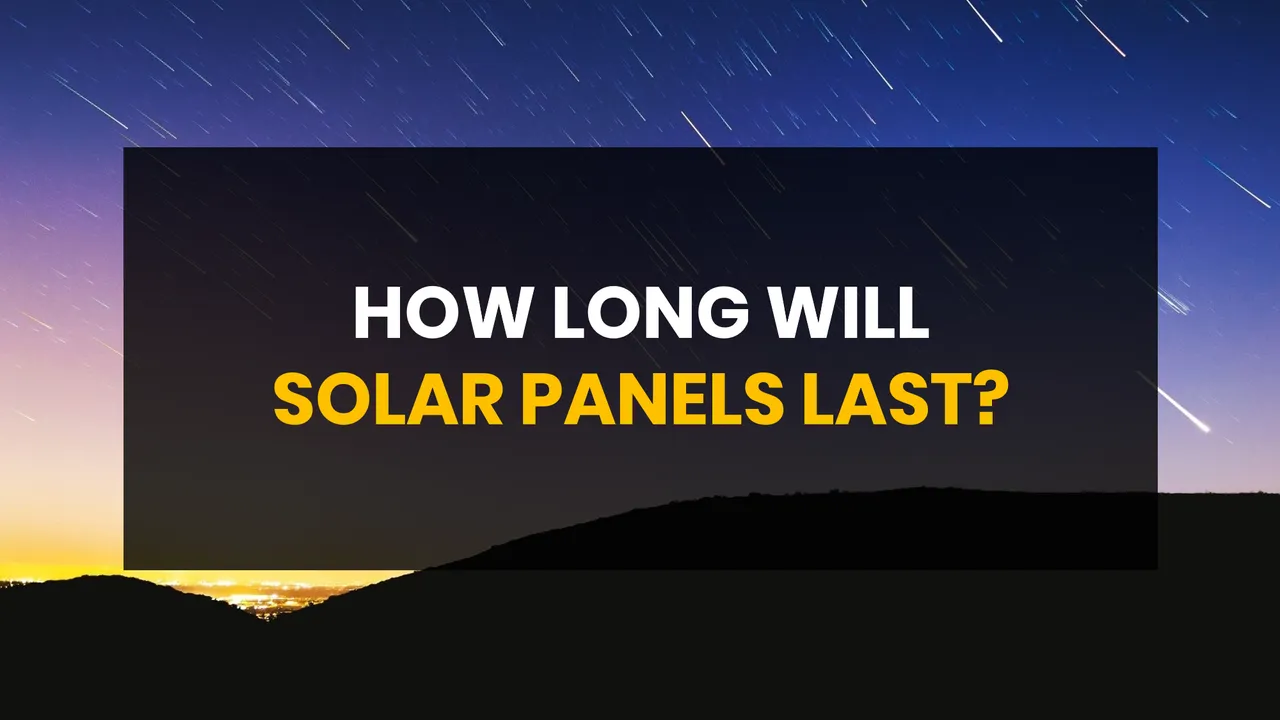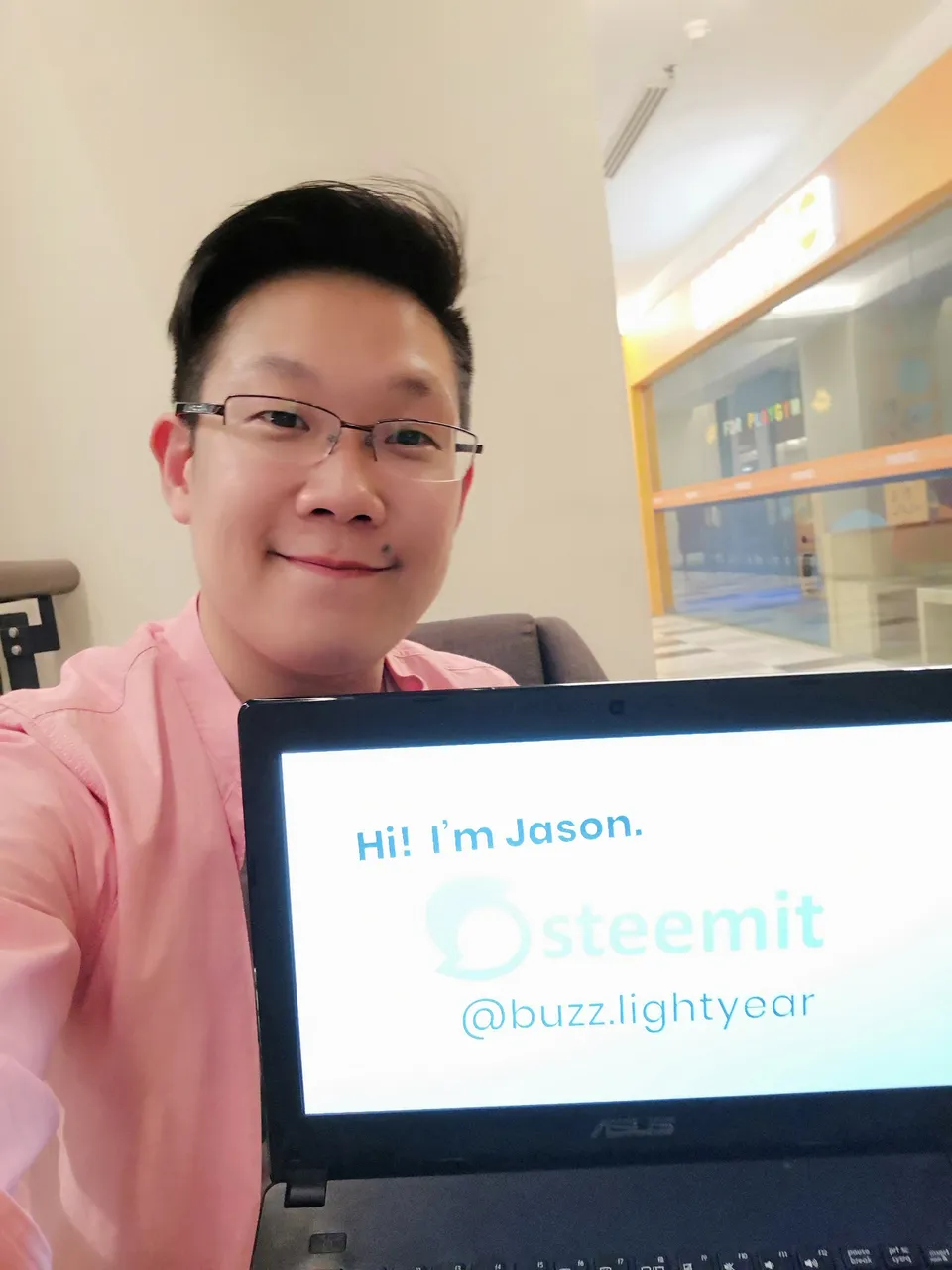
Solar panel technology is very old.
Photovoltaic cells was observed by scientists more than a century ago and the first time it reached 10% solar efficiency was as way back as the 1950s. With so much historical data available over the years, most solar panels are guaranteed by their manufacturers against performance defects for decades.
In other words, it is very mature.
Today, a solar panel should generally:
- Have a product life of 40 years;
- Be guaranteed against manufacturing defects for 10 years;
- Be guaranteed against performance defects for 25 years;
no more than 10% performance drop in 10 years;
no more than 20% performance drop in 20 years.
Almost Immortal
Unlike most consumer goods e.g. milk, solar panels do not need to be replaced when their warranties expire.
Solar panels:
- are made from sand
- have no moving parts that would break down or need to be replaced.
- will continue to produce solar electricity for many years to come; with slightly less efficiency than each previous year.
What can go wrong?
So, warranties are in place for a reason.
Solar panels can have manufacturing defects. One of the most common defect is called Potential Induced Degradation (PID).
PID is like cancer for solar panels that can cause the panel to drop up to 50% in performance. The good news is; its effects can be seen as early in the first or second year of using the panels; provided you have invested in the monitoring tools to detect the drop so that you can provide evidence and make a claim with the manufacturer instantly.
When the stakes are high, this is very very important.
One of my clients in Malaysia is earning an income of average RM 1.2 million selling solar electricity every year. By detecting the PID problem early, he was able to make a claim and have the panels replaced quickly.
The best manufacturers would provide a PID resistant certificate when selling their panels. But please note the word "resistant". To have a peace of mind, have your contractor to install a monitoring system and sign a service contract with them to do the monitoring for you.
Final thoughts
Solar power systems are generally much less complex electricity generators in comparison to their fossil-fuel based cousins (coal plants).
They have no moving parts, no engines and much less point of failures. Your solar panels do not need much upkeep apart from keeping it clean of dust, debris or snow.
But that does not mean solar power systems are immune to failure.
I hope you find this sharing helpful to your solar power experience.
Buzz

Hi, my name is Jason aka @buzz.lightyear. I envision a future where renewable energy is our main source of electricity in this lifetime; reducing the largest contributor of carbon emissions by 90% and bringing our global temperatures back to its natural balance.
I believe that this is no easy task but it is achievable with your support.
I am developing an open blockchain that incentivises both producers and consumers of renewable energy and am looking to collaborate with brilliant minds who share this vision so that we can create a future where it just makes sense to go 100% renewable, visit your local store, buy some latest tech and generate energy for your own use and for others.
Have a question? Please leave a comment and share.
Meteor Shower: VisualHunt.com